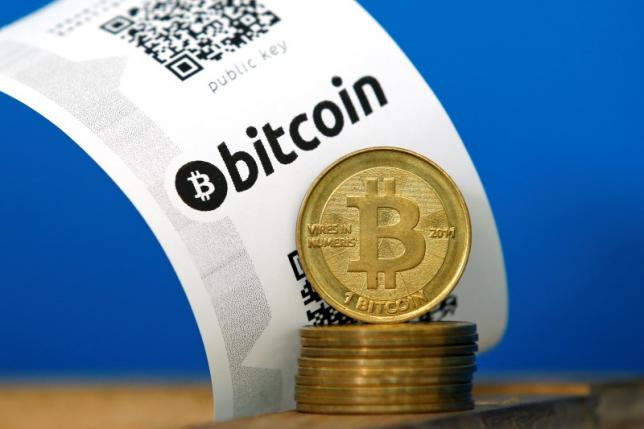Bitcoin should be banned, according a Nobel Prize

Bitcoin surpassed $US11,000 in a matter of hours after hitting the $US10,000 milestone, taking this year's price surge to almost 12-fold as buyers shrugged off increased warnings that the largest digital currency is an asset bubble.
The euphoria is bringing to the mainstream what was once considered the provenance of computer developers, futurists and libertarians seeking to create an alternative to central bank-controlled monetary systems. While the actual volume of transactions conducted in cryptocurrencies is relatively small, the optimism surrounding the technology continues to drive it to new highs.
Some on Wall Street are embracing the run, with more than 100 hedge funds now dedicated to digital currencies. Others are issuing dire warnings, with Nobel Prize winner Joseph Stiglitz saying it ought to be outlawed as it "doesn't serve any socially useful function".
"Bitcoin is successful only because of its potential for circumvention, lack of oversight," Joseph Stigliz, currently a professor at Columbia University, said in an interview on Bloomberg Television today, as the cryptocurrency reached new all-time highs this week.
However, Stiglitz, who also chaired the U.S. President's Council of Economic Advisers during the Clinton Administration, said he does support technological innovation in payments, but thinks digital money should still be fiat created and controlled by the government.
"Let’s move away from paper into the 21st century of a digital economy," he said. Like many other members of the Davoisie, Stiglitz – who won the Nobel Memorial Prize in Economic Sciences in 2001 – called the run-up in bitcoin's price unjustified and unsustainable.
"It’s a bubble that’s going to give a lot of people a lot of exciting times as it rides up and then goes down," he said. "The value of a bitcoin today is expectations of what the bitcoin is going to be tomorrow."
And even though bitcoin is a decentralized network, with participants scattered around the globe, Stiglitz seemed to think Washington could easily nip it in the bud. "If the government says 'the reason bitcoin is being used is circumvention,' they could close it down at any moment," he said. "And then it collapses."

